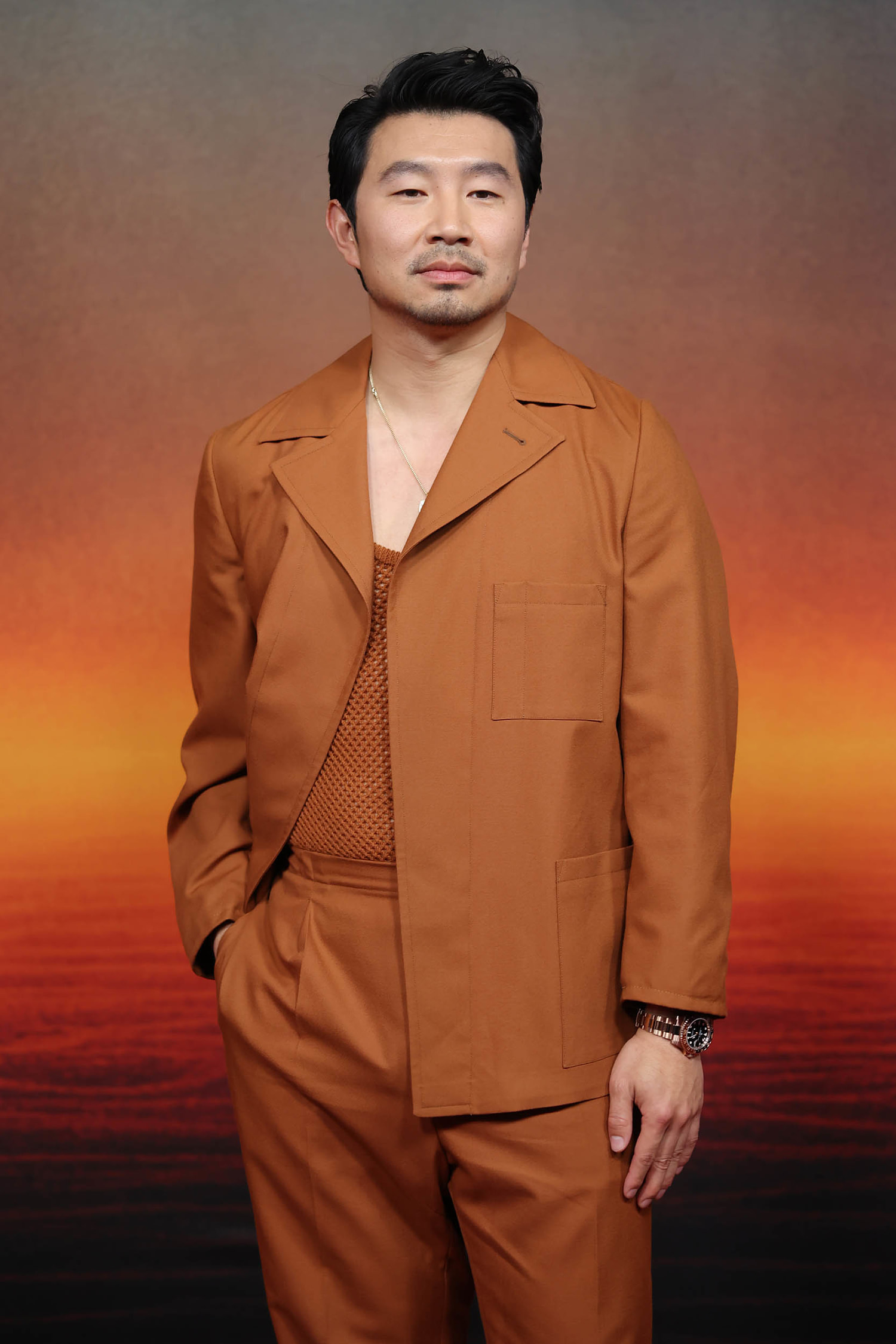
A boba company is in hot water after Chinese Canadian actor Simu Liu voiced concerns about cultural appropriation on CBC’s “Dragons’ Den.”
On the show — Canada’s take on “Shark Tank” — Sébastien Fiset and Jess Frenette, founders of a Quebec-based bottled bubble tea brand called Bobba, were seeking $1 million in exchange for 18% of the company. Liu appeared as the show’s “first celebrity Dragon.”
Bubble tea — or boba — is a traditionally Taiwanese tea-based drink with tapioca balls that has exploded in popularity around the world over the past decade.
It’s become so mainstream that in 2021 Dunkin’ added “popping bubbles” to its summer menu, and this year Starbucks added “flavored pearls” to its summer menu.
Introducing their product, Frenette described bubble tea as a “trendy, sugary drink” and intimated that consumers are “never quite sure about its content.”
Liu, known for his roles in “Shang-Chi and the Legend of the Ten Rings” and “Barbie,” interrupted at that point in the pitch to say, “Hang on, hang on. I am quite sure about its content, but continue.”
Fiset said the company has “transformed this beloved beverage into a convenient, healthier, ready-to-drink experience,” using “three simple ingredients”: high-quality tea, fruit juice and popping boba.
After taking a sip from the bottle, Liu pushed back on the idea of “disturbing” the bubble tea market and presented the possibility of “cultural appropriation.”
“There’s an issue of taking something that’s very distinctly Asian in its identity and quote-unquote ‘making it better,’” Liu said.
Liu was referencing the racist stereotype of Asian foods being “dirty” and “unhealthy” (see: the myth of MSG), and many examples of non-Asian people setting out to make these foods “clean.”
When Liu asked Frenette and Fiset if there is any Asian representation in their company, they said their “best partner” is based in Taiwan and creates their recipes. (According to the company’s website, the pearls are made in Taiwan, but the flavors are developed in Canada.)
Studying the can, Liu said, “I am looking for anything that tells me where boba came from, and where boba came from is Taiwan.
“I started this venture company for a lot of reasons, but really primarily to uplift minority entrepreneurs,” continued Liu, who is a general partner of the venture capital fund Markham Valley Ventures. “And not only do I feel like this is not happening here, but that I would be uplifting a business that is profiting off of something that feels so dear to my cultural heritage.”
“I want to be a part of bringing boba to the masses, but not like this. So for that reason, I’m out,” he concluded.
Liu’s critical comments were met mostly with disagreement from his fellow Dragons. In defense of the Bobba founders, investor Manjit Minhas said, “There can be new takes on things. Not everything has to be traditional.”
In response, Fiset said the company’s popping boba (filled with fruit juice) makes the product not “ethnical,” and Minhas agreed, saying that’s what made the beverage “new.”
But even though bubble tea is most commonly associated with tapioca pearls, popping boba is certainly not new — it’s been on Asian bubble tea menus for decades.
Minhas offered Fiset and Frenette their request of $1 million for 18% of the company — and they accepted.
But since the show aired, it has been met with serious backlash on social media, and Minhas announced that after “reflection,” “due diligence” and “listening,” she’s decided she will no longer be investing in Bobba.
Liu also released a statement, posted by “Dragons’ Den,” saying it is “NEVER EVER okay to harass or threaten people over the internet or in person.”
“Let’s critique each other. Let’s critique this idea of cultural appropriation. Let’s talk about it,” Liu said in a TikTok video. “But what we’re not going to do is threaten people’s physical safety and make people feel unsafe and cause them trauma that, quite honestly, they don’t deserve as entrepreneurs who, in good faith, attempted to pitch a business.”
In its own statement posted on Instagram, Bobba apologized for the “harm” its founders caused with their “words and actions” on the show, noting that Liu “raised very valid points regarding cultural appropriation.”
The company said Fiset and Frenette’s “choice of words was misguided” when addressing the “cultural significance and origins of bubble tea.”
“We will re-evaluate our branding, packaging, and marketing strategies to ensure that they reflect a respectful and accurate representation of our Taiwanese partnership and bubble tea’s cultural roots,” the company added.
Bobba concluded its statement by saying this has been a “valuable learning experience” but that the “hate speech and death threats” need to stop.
A statement issued to TODAY.com by “Dragons’ Den” echoed sentiments from Liu and Bobba, saying that this segment “sparked an important conversation.” The statement added that many have shared their opinions “in a respectful manner,” but that there has also been “a lot of online bullying of show participants,” so the show supports “the calls for this harassment to stop immediately.”